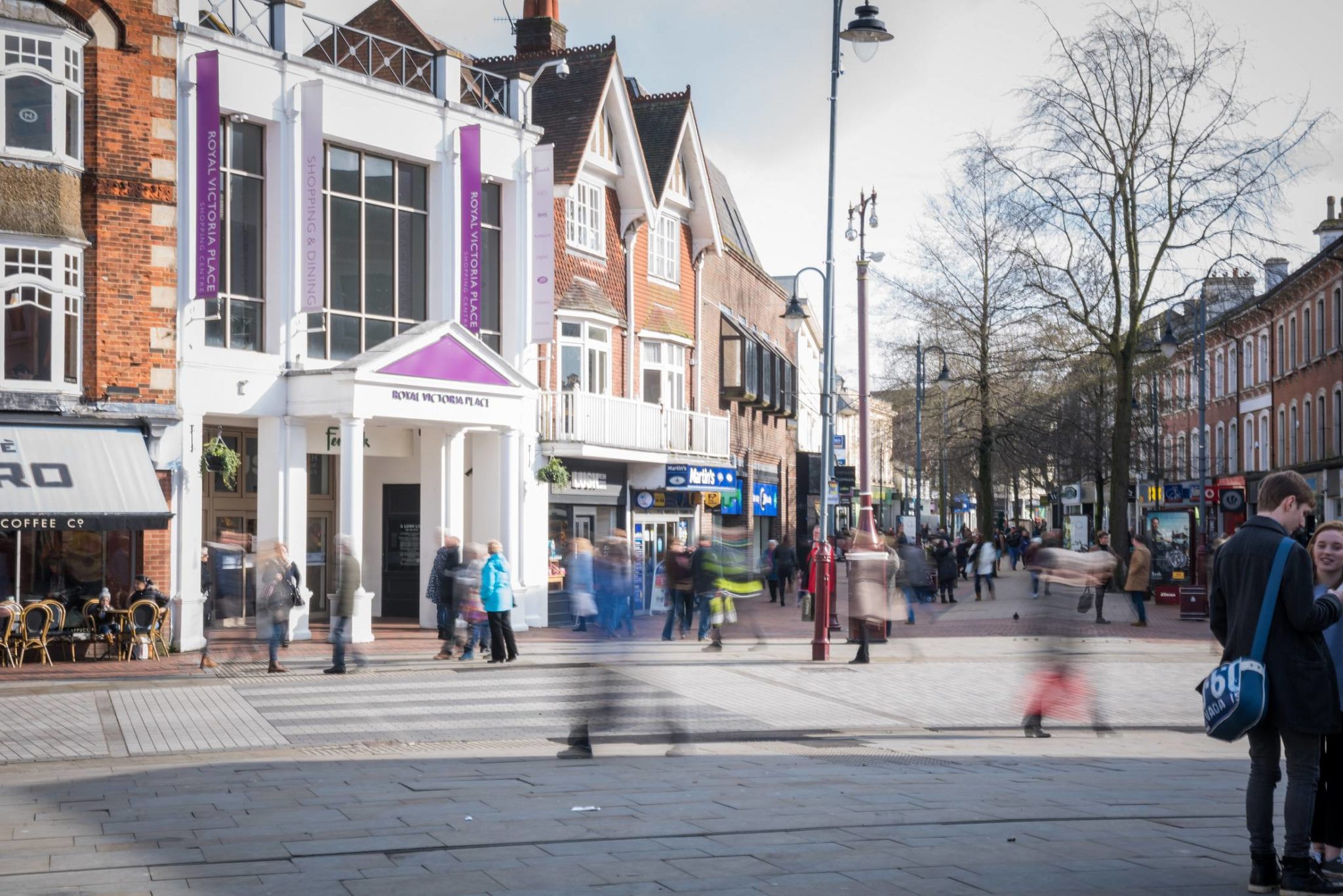THE borough council have pushed ahead with a policy to cease monitoring CCTV in the borough.
The contentious move came despite strong opposition from seven speakers at Thursday’s [April 13] meeting, including Nicky Blanchard from Royal Victoria Place [RVP], former Council Leader Lorraine Braam as well as four Conservative and Liberal Democrat councillors.
Earlier, Kent Police issued a statement warning that the proposed passive model would mean a ‘key tactical option’ for the force would be lost.
Passive monitoring means the 39 cameras around the borough would still be recording but no one would be watching them live. Currently, personnel in the Town Hall watch the camera feeds 77 per cent of the time [129 of 168 hours a week].
“This decision would be an advert that the town is vulnerable”
Ms Blanchard said: “Active monitoring is too important to lose. We need to promote an image of safety and confidence.
“This decision would be an advert that the town is vulnerable. It is not a luxury, it is a necessity.”
The report from the council argued that active monitoring of CCTV only has a ‘modest impact’ on general crime and ‘zero impact’ on violent offences.
Contrary to previous police statements Council Leader David Jukes claimed that at a recent meeting Kent Police Chief Constable Alan Pughsley said ‘we [the police] only want continued access to the control room’.
Between April 2016 and January 2017, there were 31 known arrests instigated by the cameras. They assisted in 172 arrests and in total monitored 584 incidents of interest to the police.
Lorraine Braam, a former Liberal Democrat Council Leader who oversaw the introduction of the cameras in 1997 described the passive model as ‘almost useless’, adding: “This is not simply about the number of arrests, it is about stopping potential incidents or crimes from escalating.”
The downgrading of CCTV is expected to save around £100,000 a year, with Chief Executive William Benson stating that the council are currently facing a £750,000 deficit for next year’s budget.
Although the unanimous opposition of visiting speakers did force a compromise from the Cabinet.
An amendment, put forward by Cllr Lynne Weatherly, means that the first year of passive monitoring, which begins in April 2018 will be deemed a ‘pilot’ with a review after six months. It was agreed that the council would now look for alternative avenues of funding to maintain the live provision.
With the change not to be implemented until April 2018 there is time to find ‘alternative arrangements’ to continue live monitoring, something Cabinet members seemed eager to explore.
One proposal that was floated was an integration of monitoring with RVP after manager Nicky Blanchard revealed that the shopping centre already watches its cameras 24/7. A move Cllr Jukes seemed very keen on.
After the meeting he said: “RVP have got their system. The costs [to also monitor the council’s cameras] would be a drop in the ocean for them.”
Ms Blanchard said agreed that there were ‘definitely options to explore’.
Leader attempts to hide decision from the public
In an unexpected twist to proceedings, Council Leader David Jukes attempted to exclude the press and the public from the meeting after the guest speakers had finished.
He requested that the decision be exempt, meaning the discussion would be held behind closed doors.
He cited ‘security reasons’, asking: “Why should we tell the bad guys when we are not watching them?”
He was quickly rebuffed by Head of Legal Partnership, Estelle Culligan, who said an exemption would not be justified.








